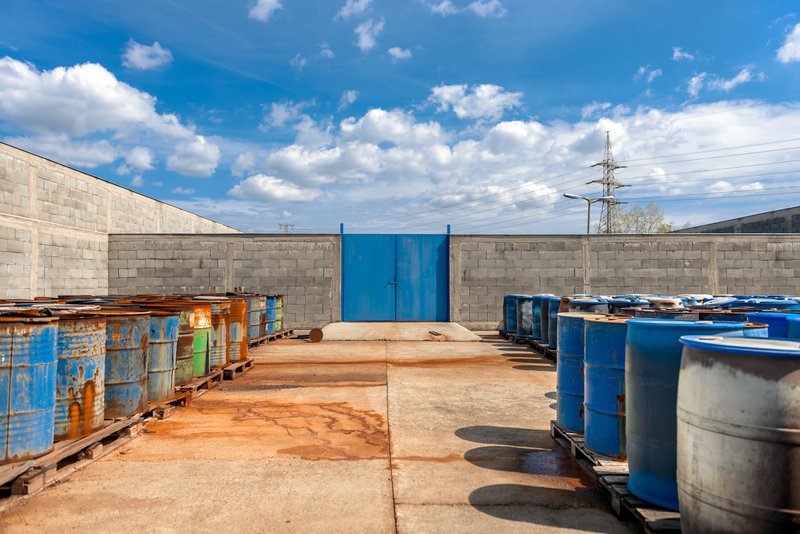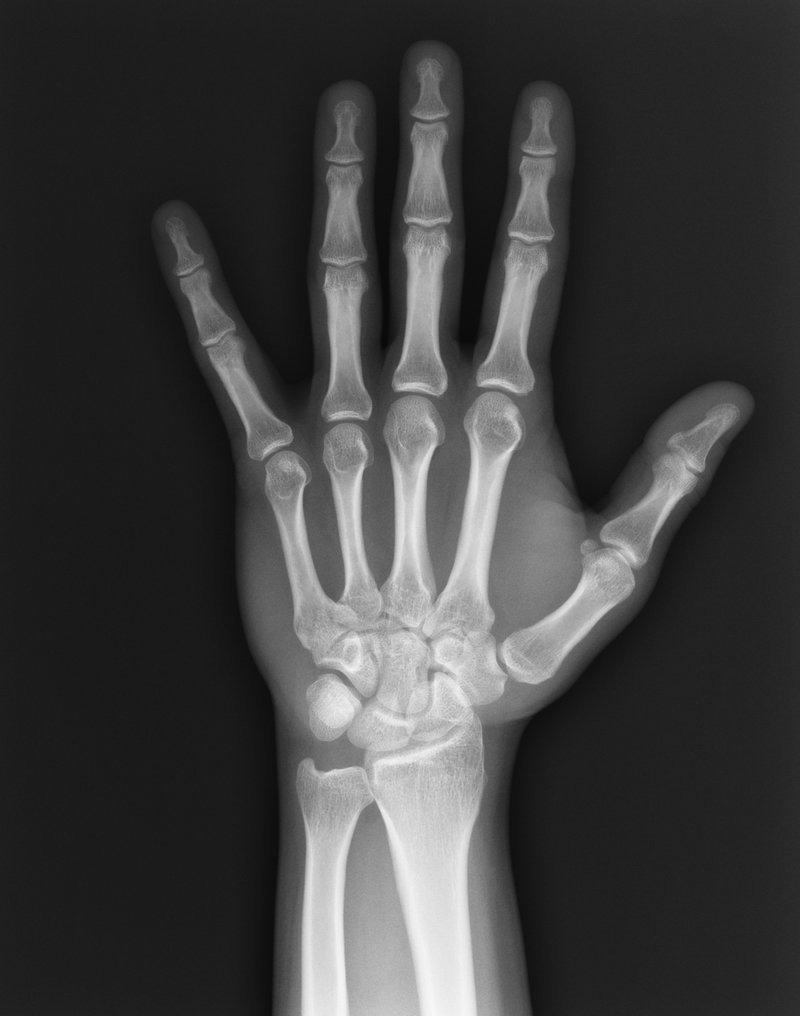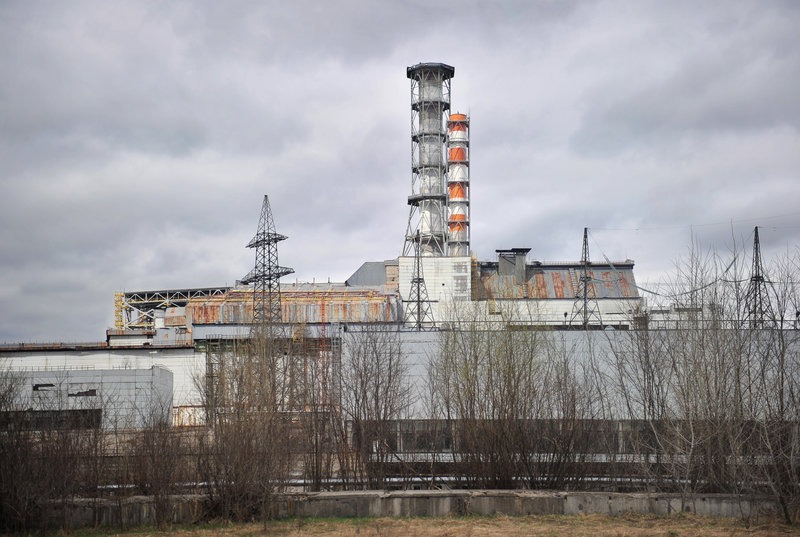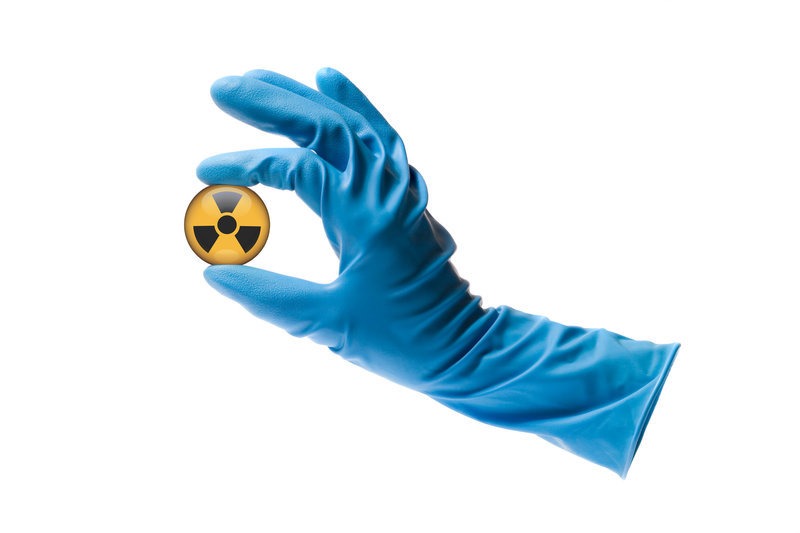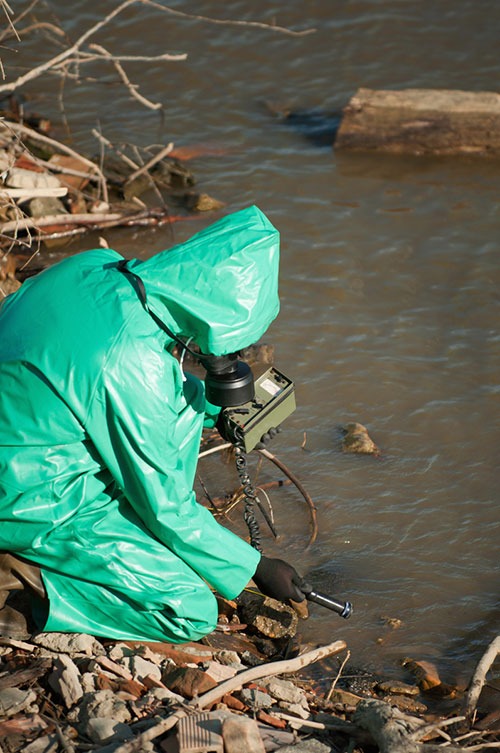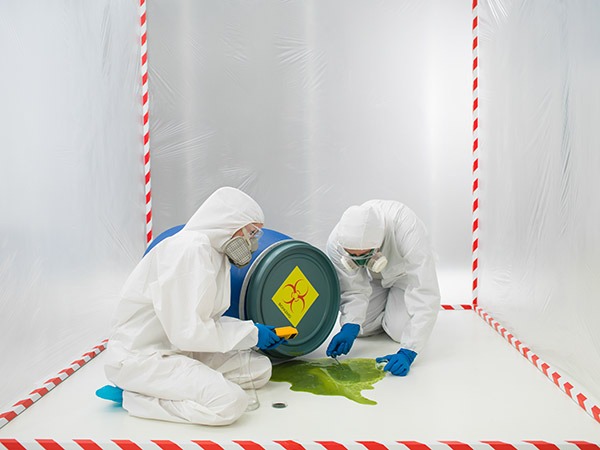Radiation Shielding
The Importance of Radiation Safety Training in the Workplace
Radiation Safety Training should be in integral part of any company whose work puts employees, the environment and/or others at risk for radiation contamination or exposure. According to the 2017 Ionizing Regulations Act: Every employer must ensure that those of its employees who are engaged in work with ionizing radiation are given appropriate training in…
Read MoreRadiation Containment Types & Styles: Adequate Protection Requires the Right Choice
Your protection from radiation exposure is entirely dependent on the quality of the shielding products you use. Failure to choose the right type or style can lead to unnecessary exposure and long-term consequences. Radiation Containment 101: Basic Types and Styles If you’re working in a radioactive career or in a job environment, its essential…
Read MoreThe History of X-Ray Technology
Professor Wilhelm Conrad Roentgen discovered x-ray radiation in his Wuerzburg University lab back in 1895. His discovery is said to have landed like a bomb-shell in the scientific community – and we can honestly say the world has not been the same since. While working with a cathode-ray tube, the professor noticed crystals on a…
Read MoreIs Electromagnetic Radiation Dangerous?
There are different types of radiation – and some are more harmless than others. Ionizing radiation – the type that messes with your DNA and causes radiation sickness – is the “bad kind.” This is very different from electromagnetic radiation, which is considered non-ionizing (doesn’t break chemical bonds and/or damage your DNA). Even so, experts…
Read MoreThe Most Radioactive Places on Earth
Radioactive isotopes have shockingly long half-lives – the amount of time it takes them to decay. As a result, radioactive accidents or emergencies potentially leave lifetimes of toxicity behind in their wake. If you’re a world traveler, it’s worth knowing about some of the most radioactive places on the planet so you can steer clear…
Read MoreWhat Blocks Radiation? Materials Used in Radiation Shielding
Radiation contamination is always a concern anywhere radioactive materials or tools are used, which is why radiation shielding products are essential to any ALARA program or a relevant company safety program. This includes nuclear power facilities and industrial complexes, to medical facilities where x-rays are used, and any other “radioactive workspaces.” Containing the radiation and…
Read MoreHow is Radiation Measured and Detected
Radiation is colorless, odorless, tasteless, soundless and lacks any type of tangible “feeling.” As a result, it’s nearly impossible – save an acute event resulting in immediate physical damage – for individuals to know they are exposed to radiation at all. If you work in a radioactive career, your company safety culture matters. It’s your…
Read MoreWill Hospitals Admit Someone Who’s Contaminated with Radiation?
Imagine you work in a radioactive lab and one of your co-workers trips and falls with a tray full of radioactive liquids. Unfortunately, they wound up knocking their head hard on the sharp edge of a counter on their way down. So, in addition to the radioactive spill, the individual is unconscious, with a serious…
Read MoreHow do you stop a radioactive spill?
As a radiation safety officer, or a safety manager in a radioactive work environment, it’s your job to plan, plan, plan. That includes having a plan to stop – and clean up – radioactive spills. In lab, academic and testing environments, spills are the most common type radioactive “accident.” They can range from large spills…
Read MoreRadiation Response Plan for Skin Contamination
Have you just received the designation of Radiation Safety Officer in your company or department? Or, is your lab hot – and you realize the established safety protocols aren’t up to par? Depending on the types of radiation you’re working with, it’s essential to have a response plan for any level of radiation exposure employees…
Read More


